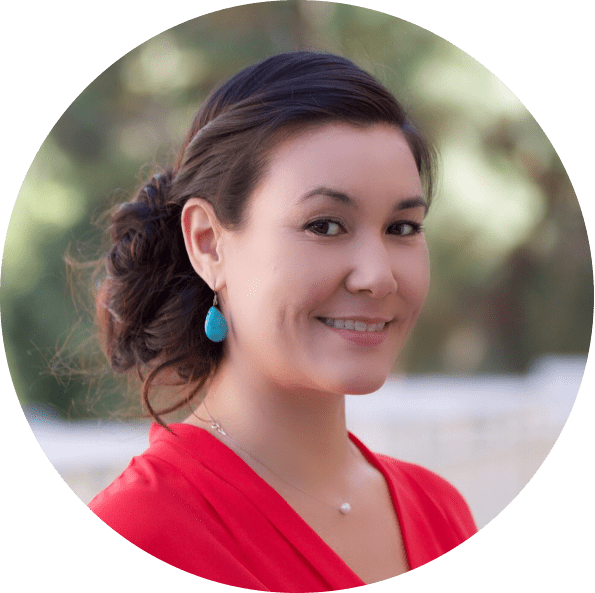Lia Marshall and Aparna Balasundaram
 Lia W. Marshall, Lecturer in Social Work, and Aparna Balasundaram, Associate in Social Work
Lia W. Marshall, Lecturer in Social Work, and Aparna Balasundaram, Associate in Social Work
Non-Disposable Assignments: Students as Producers and Sharers of Knowledge
Lia W. Marshall and her Teaching Associate Aparna Balasundaram developed the elective course “Social Work Practice with those living with Dementia and their Families” during the early months of 2020. This online course was taught to 30 Masters of Social Work (MSW) students and was carefully crafted to address and support the needs of learners during the pandemic and social unrest of the summer of 2020.
 Community building and holding space to discuss difficult topics and events was important for both the students and the instructional team. At the same time, these future social workers were hungry for real life and practical knowledge and skills. Given these students were poised to enter the world as working professionals, we decided to offer a final assignment that was practical, tangible and of value. The final assignment was “non-disposable”, one that could be repurposed, re-shared and renewed by students and the community beyond the walls of the classroom and bounds of the semester. Students were to create a Dementia Care Community Resource Guide for community members and social workers for a geographic area of their choice. This living document moved beyond the teacher-student dyad to include the larger community, while also placing students as the ‘producers and sharers’ of knowledge.
Community building and holding space to discuss difficult topics and events was important for both the students and the instructional team. At the same time, these future social workers were hungry for real life and practical knowledge and skills. Given these students were poised to enter the world as working professionals, we decided to offer a final assignment that was practical, tangible and of value. The final assignment was “non-disposable”, one that could be repurposed, re-shared and renewed by students and the community beyond the walls of the classroom and bounds of the semester. Students were to create a Dementia Care Community Resource Guide for community members and social workers for a geographic area of their choice. This living document moved beyond the teacher-student dyad to include the larger community, while also placing students as the ‘producers and sharers’ of knowledge.
Non-Disposable or Renewable Assignments have many benefits such as:
- Moving students from passive consumers of knowledge to active creators and collaborators
- Enhancing classroom engagement and peer learning opportunities
- Providing a chance for students to develop professional skills and add value to their communities
These living documents live and breathe and thus add a sense of meaning and purpose to assignments that goes beyond just grades. The sense of meaning infused into the project can thus build intrinsic motivation and self-regulated learning.
There are various types of Non-Disposable or living assignments. Some are more traditional such as presentations and classroom debates but despite their utility, these do not leave the classroom. Others such as videos, blogs and informational flyers or infographics which can be distributed widely, transcending the classroom environment. When externally transmitted, whether to the school, a known community, to government and local stakeholders, or out into unspecified internet communities, the utility of the assignment and the impact outside of the classroom escalates.
During the teaching of this course many of us had survived Covid, lost family members, lost employment, and were stranded many miles away from their loved ones. We were struggling in many ways, and many of us continue to today. Through this assignment students were able to provide a resource guide for the communities in which they lived, by applying the knowledge they had gained in the course. What we believe this assignment did was give students a sense of control, a feeling of empowerment to help those who needed dementia resources.
Our take-away from the experience was to be flexible with our teaching and grading, and to create assignments that provide purpose and real-world value; one that lives on beyond the course and the classroom. We hope others will become interested in this type of assignment and learning.
Voices of Hybrid and Online Teaching and Learning
Learn about the perspectives and experiences of teaching and learning during the pandemic.